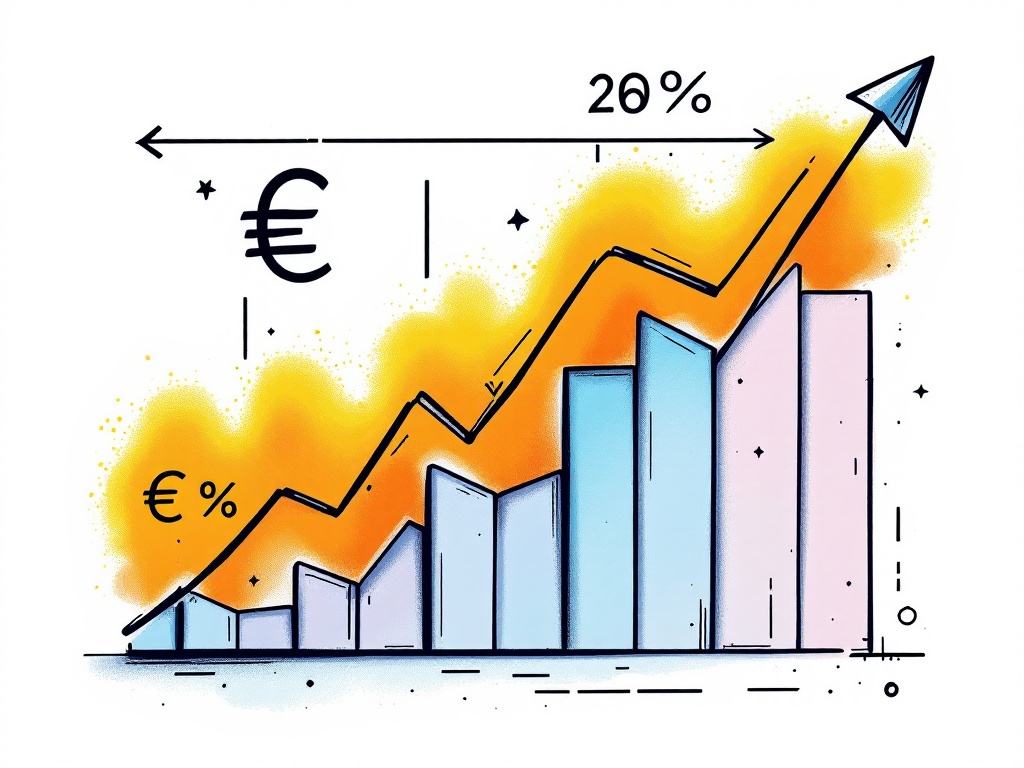Germany's Inflation Rate Climbs to 2.9% in December 2024, Surpassing Expectations

Berlin, Germany, Monday, 6 January 2025.
In December 2024, Germany’s inflation rate reached 2.9%, exceeding forecasts amid political uncertainties and rising energy prices, marking the third consecutive month above the European Central Bank’s 2% target.
Core Inflation and Services Show Persistent Pressure
The latest data from Destatis reveals that core inflation, which excludes volatile food and energy prices, edged up to 3.1% from 3% in November [1][4]. Services inflation also showed stubborn resistance, increasing to 4.1% from 4% in the previous month [1]. These figures suggest that inflationary pressures are becoming more deeply embedded in the economy, despite earlier optimism about price stability [1].
Market Response and Bond Yields
Financial markets reacted promptly to the inflation data, with Germany’s 10-year bond yield rising to 2.45% [3]. The unexpected jump in inflation has implications for the European Central Bank’s monetary policy, particularly as the eurozone prepares to release its own inflation figures [1]. The market response reflects growing concerns about persistent inflation pressures in Europe’s largest economy [3].
Political Context and Economic Uncertainty
The inflation data comes at a politically sensitive time, with Germany facing significant governmental changes. The country’s former ruling coalition collapsed in November [1], leading to early federal elections scheduled for February 23, 2025 [4]. This political uncertainty adds another layer of complexity to Germany’s economic challenges, as the country grapples with both inflation concerns and potential stagflation risks [5].
Future Outlook
Economists anticipate that inflationary pressures may persist in the near term. According to ING’s analysis, the combination of increasing wages and shifting energy base effects suggests that inflation might remain at elevated levels longer than initially expected [6]. While the current rate of 2.9% is significantly below the peak of 10.6% recorded in October 2022 [4], the trend indicates that Germany’s battle with inflation is far from over [1].